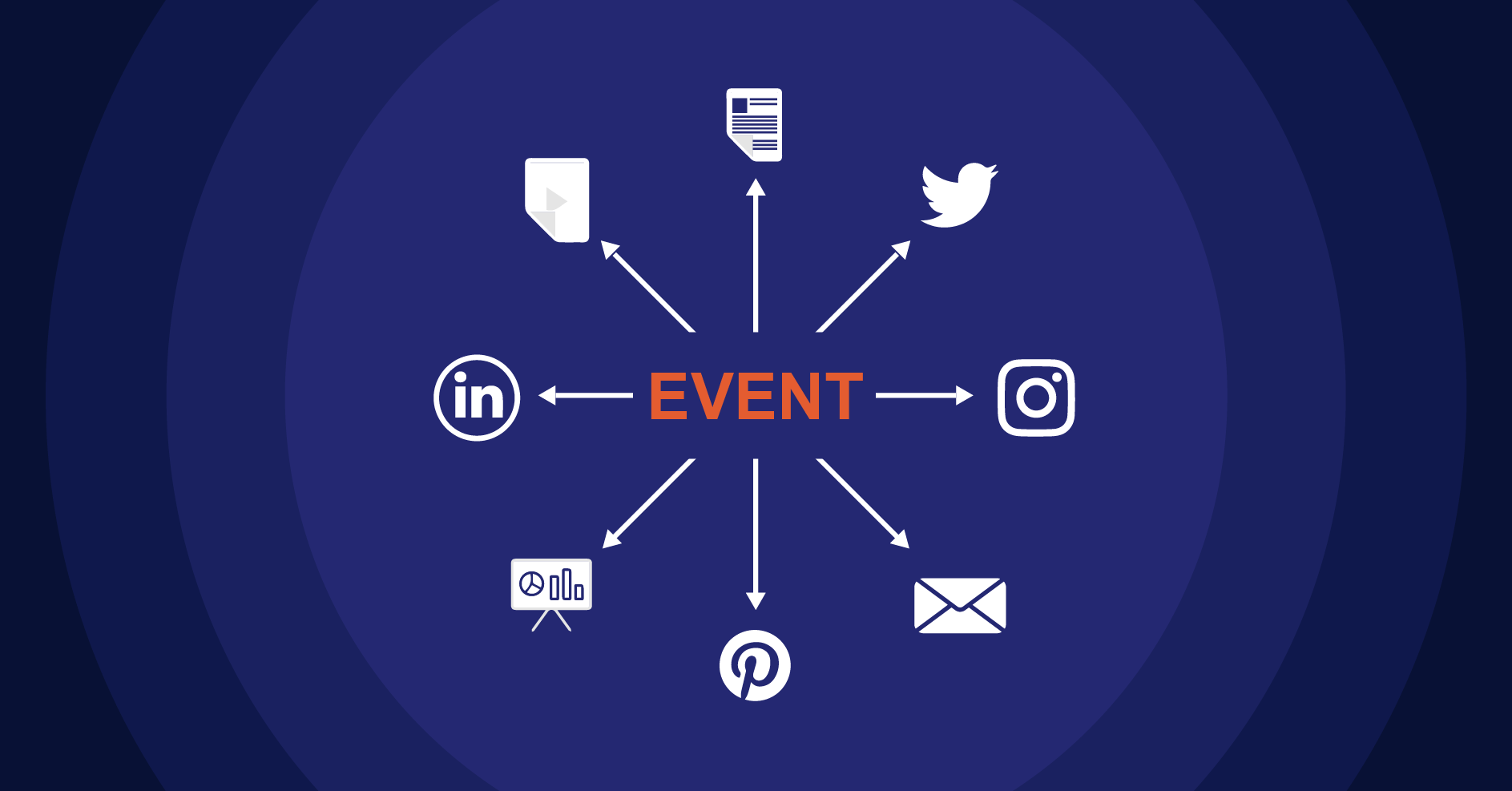This article will focus on the importance of content marketing for events. It will discuss the various types of content that can be used to promote an event, as well as the different stages of the event where content can be utilized.
The article will also cover best practices for creating and promoting content, and how to measure the success of your content marketing efforts.
Organizing an event is a challenging task that requires careful planning and execution. One of the key components of a successful event is effective marketing.
Content marketing has emerged as a popular strategy for promoting events, as it allows organizers to create engaging content that can attract and engage their target audience.
Types of Content for Events Marketing
There are several types of content that can be used to promote an event, including:
- Blog Posts: Blog posts are a great way to provide detailed information about your event. You can create blog posts that cover various aspects of your event, such as the agenda, speakers, venue, and registration process. This will help to build excitement and anticipation for the event, as well as provide attendees with valuable information.
- Social Media Posts: Social media is a powerful tool for event promotion. You can create social media posts that highlight the key features of your event, share behind-the-scenes photos and videos, and encourage attendees to share their own experiences using event hashtags.
- Email Newsletters: Email newsletters are a great way to keep attendees informed about event updates and announcements. You can send newsletters with information about speakers, sessions, and other important details.
- Infographics: Infographics are a visual way to communicate information about your event. You can create infographics that provide an overview of the event, highlight key statistics, or showcase the speakers and sponsors.
- Videos: Videos are a highly engaging form of content that can be used to showcase the highlights of your event. You can create promotional videos that feature interviews with speakers, behind-the-scenes footage, and testimonials from past attendees.
Utilizing Content Throughout the Events
Content marketing is not just about promoting the event before it happens. It can also be used throughout the event to engage attendees and promote your brand. Here are some ways to utilize content throughout the event:
- Live Social Media Updates: You can use social media to provide live updates during the event. This can include posting photos and videos of the event, sharing quotes from speakers, and encouraging attendees to share their own experiences.
- Live Streaming: If your event is not fully virtual, you can consider live streaming certain sessions or presentations. This can help to reach a wider audience and increase engagement.
- Blog Posts and Recaps: After the event, you can create blog posts and recaps that highlight the key takeaways from the event. This can include summaries of sessions, photos, videos from the event, and testimonials from attendees.
Best Practices for Content Marketing
To create effective content marketing for events, it is important to follow some best practices:
- Know Your Audience: Before creating content, it is important to understand your target audience. This will help you to create content that resonates with them and addresses their needs and interests.
- Set Clear Objectives: It is important to set clear objectives for your content marketing efforts. This can include increasing event registrations, boosting engagement, or increasing brand awareness.
- Use High-Quality Visuals: High-quality visuals, such as photos and videos, can help to make your content more engaging and memorable.
- Be Consistent: Consistency is key when it comes to content marketing. Make sure to post regularly and consistently across all channels.
Measuring Success

source: Google Images
To determine the success of your content marketing efforts, it is important to measure the impact of your content. Here are some metrics to track:
- Event Registrations: Track the number of event registrations before and after implementing your content marketing strategy.
- Engagement Metrics: Track the number of likes, shares, comments, and other engagement metrics for your social media posts and blog articles.
- Website Traffic: Track the number of website visitors and page views to see if your content is driving traffic to your event website.
- Conversion Rates: Track the number of attendees who register for the event after interacting with your content.
By tracking these metrics, you can determine what is working and what needs to be improved in your content marketing strategy.
Conclusion
Content marketing has become an integral part of event marketing. It allows event organizers to create engaging content that attracts and engages their target audience.
By utilizing various types of content and promoting it throughout the event, organizers can increase engagement and promote their brand.
By following best practices and measuring success, event organizers can create effective content marketing strategies that drive event registrations and increase engagement.

